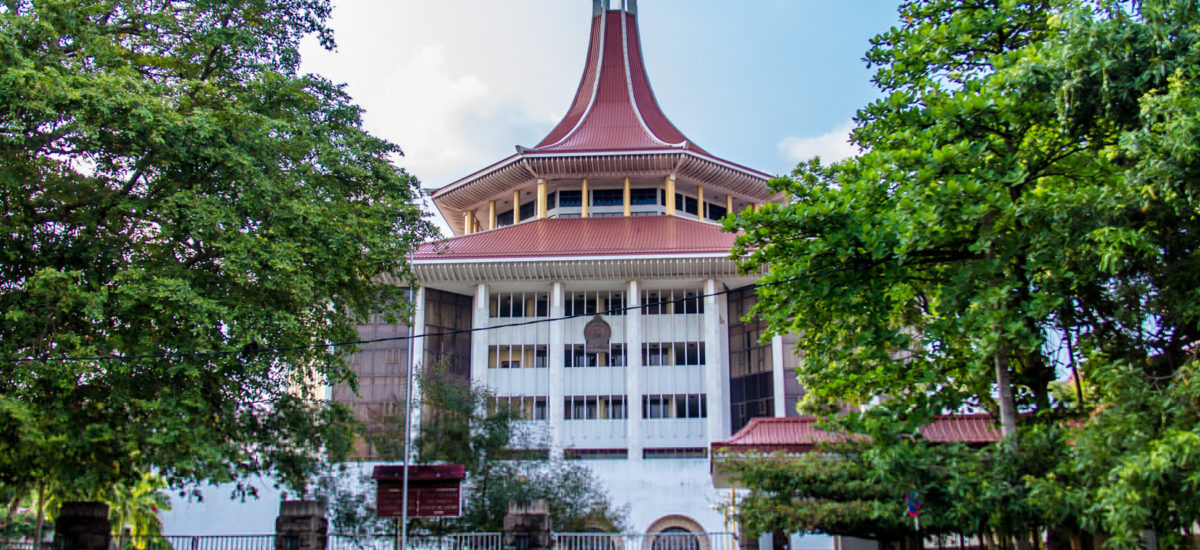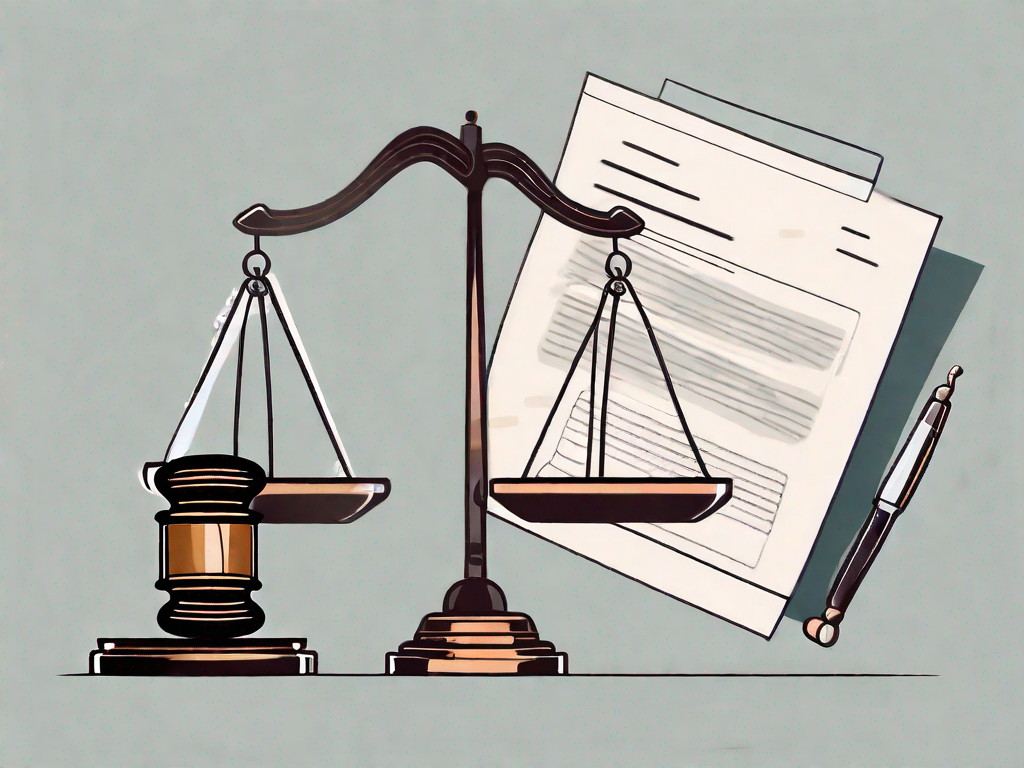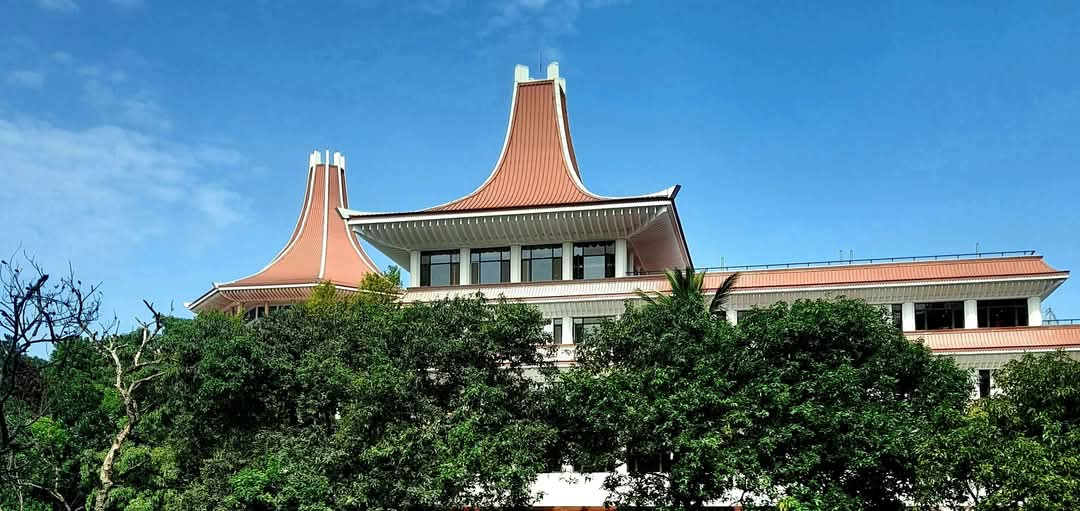SC Broadens Definition of Admissions in Pleadings
SC Clarifies Actions Related to Servitudes

“Actio Negatoria” and “Actio Confessoria” in Servitude Dispute
The Supreme Court has recently provided a comprehensive clarification on the legal actions related to servitudes, addressing key issues of property rights and access.
The case centered around a dispute between a Plaintiff and Defendants over a claimed right of way across the Plaintiff’s land. The Plaintiff sought a court declaration that the Defendants had no entitlement to use a path through their property. The Defendants, however, argued that they had acquired a prescriptive right of way based on long-standing use.
The core of the dispute involved whether the Defendants had established a valid servitude through prescription or if they could claim a right of way by necessity. The Supreme Court’s ruling delved into the nuances of servitude rights and the appropriate legal actions to address them.
The Court affirmed the principles of actio negatoria and actio confessoria, which are fundamental in disputes involving servitudes. Actio negatoria- is a legal action that property owners can use to declare that their property is free from any claimed servitude. It is an action available exclusively to landowners. On the other hand, actio confessoria- is used by individuals who hold a servitude to enforce their rights or seek remedies for obstructions.
“…Actio negatoria or contraria is an action to declare a property free from servitude, which can only be brought by the owner or someone with soil rights. In contrast, actio confessoria is an action to enforce a servitude, which can only be filed by the person in whose favour the servitude has been established….” – Justice A.H.M.D. Nawaz
SC Denies Right of Way Claim Due to Alternative Route
In its ruling, the Supreme Court scrutinized whether the Defendants genuinely required access through the Plaintiff’s land to reach their own property or if there were viable alternative routes available. The Court emphasized that the right of necessity is not based on convenience but rather on the lack of any other reasonable means of access.
The Court found that the Defendants had an alternative route available to them through the premises of a nearby bus stand. This alternative route, although perhaps less convenient, provided adequate access to a public road. As a result, the Court determined that the Defendants could not claim a right of way by necessity, as the legal requirement for absolute necessity was not met.
“……A right of way of necessity cannot be granted if there is another though less convenient path along which access can be had to the public road. In light of the principles established by precedents, determining whether an existing alternative route is difficult or practically impossible to use is a question of fact that must be assessed based on the specific circumstances of each case….”- Justice A.H.M.D. Nawaz
SC Broadens Definition of Admissions in Pleadings
In this case the Supreme Court broadened the understanding of what constitutes an admission in legal proceedings, ruling that pleadings and other assertions do not need to be explicitly labeled as admissions to be deemed as such.
“…..it is well established that assertions or averments in pleadings do not need to be expressly recorded as admissions to qualify as admissions of a disputed fact. As I articulated in Mohamed Mahful Abdul Wakeel and 2 others v Hewage Sirisena and Gunawathie and Others, such assertions can suffice for proof without explicit admission. “……. We come across “admissions” for the first time only in Section 17 of the Evidence Ordinance because the first exception to the hearsay rule in the Evidence Ordinance begins from Section 17. Section 17(1) of the Evidence Ordnance defines an admission as a statement, oral or documentary, which suggests any inference as to any fact in issue or relevant fact. Section 17(1) of the Evidence Ordinance deals with informal admissions, whereas Section 58 deals with formal admissions………… Section 58 of the Evidence Ordinance makes it quite clear that an out of court statement such as an admission in an answer but filed before Court is probative of its truth against the Defendant….”– Justice A.H.M.D. Nawaz
CASE NO: SC APPEAL No. 221/2016 [22.08.2024]
BEFORE: Vijith K. Malalgoda PC J, Yasantha Kodagoda PC J and A.H.M.D. Nawaz J.







